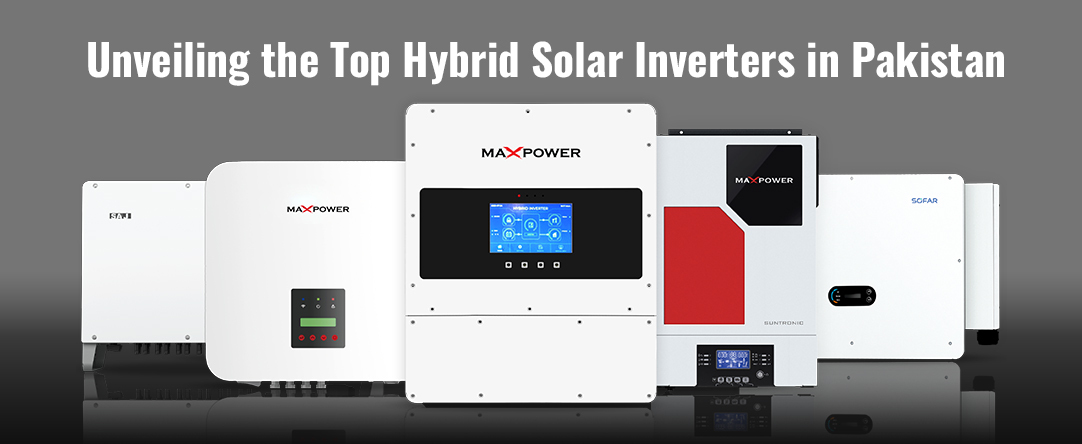Hybrid Inverters – The Link Between Solar Power and Battery Storage
Hybrid inverters are a versatile solution that provides the best of both worlds for homeowners and businesses interested in making solar work better. Hybrid inverters offer a range of benefits such as higher energy self-sufficiency, better grid support and lower expenses for electricity by combining traditional solar inverter capabilities with battery storage systems.
How Hybrid Inverters Work
A Hybrid Inverter: This is a device that can convert DC power from the solar panels into AC for use and also store any excess energy collected form daylight in supplementary batteries. This energy storage capacity enables higher levels of energy self-sufficiency and lower cost for power.
Important parts hybrid inverter system *
Solar Panels: These are the things that capture sunlight and convert it into DC electricity.
DC Power from Solar Panels → Hybrid Inverter (for conversion to AC power for immediate use or storage in batteries)
Batteries: These are used to save extra energy gotten from the sun which can be put into use during peak hour demand or at night.
Grid Connection: The system may be connected to the utility grid, providing for Grid-Tied Systems or Grit Tied with Battery Back-Up.
ConclusionThere are a lot of advantages which can apply when we use hybrid inverters.
* Increased Energy Independence: * Allowing your solar energy to be stored in batteries will put less demand on the grid, which can increase overall independence during peak and off-peak hours.
Reduced Energy Costs: Homeowners and business owners who bank solar energy can control electricity costs, especially during high-priced peak hours.
Improved Grid Resiliency : Hybrid systems are capable of offering backup power during the grid outages or peak demand times, so they help in better stabilization of the grid.
*Time-shift your energy consumption: The storage element allows the system to store up all that solar power during it when you get back home and turn on 100s of lights, but beyond this fortuitous benefit is a bigger one – demand charges.
Hybrid Inverter System Considerations
Higher Initial Cost: Since hybrid systems require batteries, they can cost more to install than traditional solar-only systems.
Battery Life: Battery life varies with use, temperature and care.
Local Regulation: The local regulation and incentives influence the feasibility as well cost-effectiveness of applications with hybrid systems.
Hybrids Of Tomorrow
The rise of the hybrid inverter The time for hybrid inverters is now – battery technology advances and price drops are set to make them much more common. With the development of inverter technology, and increased efficiencies and added smarts functionalities to optimise hybrid systems следующими. Moreover, by combining hybrid inverters with other technologies like EV charging and EMS (Energy Management System), they offer new opportunities towards sustainability.
In short, hybrid inverters serve as the solution to their woes in terms of harnessing solar power. Hybrid systems combine the benefits of both solar power and battery storage to offer more energy independence, lower energy costs as well as improved grid reliability. Given the evolution of technology, hybrid inverters are set to be a critical piece in transforming legacy power distribution infrastructure into tomorrow’s decentralized and sustainable energy.
